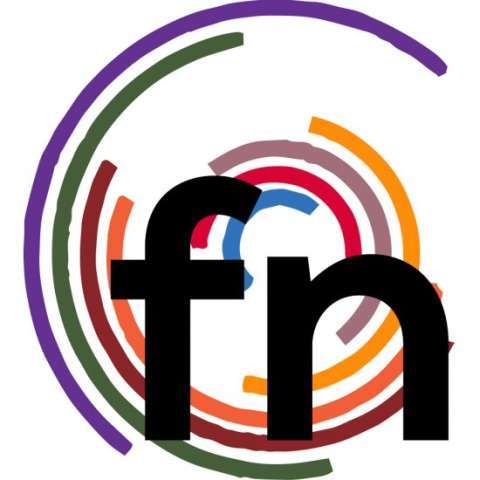by J. Michael Dolan
 Entrepreneurs are artists, and artists are entrepreneurs. Artists need to express their art, entrepreneurs need to exploit their art. Problem is, Art is always on the battlefield with Commerce:
Entrepreneurs are artists, and artists are entrepreneurs. Artists need to express their art, entrepreneurs need to exploit their art. Problem is, Art is always on the battlefield with Commerce:
Art wants nothing more than to be expressed.
Commerce wants nothing more than to profit from Art.
Art dreams about being admired.
Commerce dreams about abundance.
Art wrestles with the doubting mind of the artist.
Read more tips here...


 The absolute, number-one, most important thing to remember when playing live music in front of an audience is this:
The absolute, number-one, most important thing to remember when playing live music in front of an audience is this:
 The spring and summer seasons are the busiest times of the year for us, and hopefully for you too. Warm weather blankets the entire country and everyone wants to be outdoors in the sun and fresh air.
The spring and summer seasons are the busiest times of the year for us, and hopefully for you too. Warm weather blankets the entire country and everyone wants to be outdoors in the sun and fresh air. One of the myths that is still prevailing in the wholesale business is the "business license and tax I.D need" in order to achieve wholesale success. It is a big mistake to get such an opinion as a fact and then making such message viral all across the Internet.
One of the myths that is still prevailing in the wholesale business is the "business license and tax I.D need" in order to achieve wholesale success. It is a big mistake to get such an opinion as a fact and then making such message viral all across the Internet.
 The absolute, number-one, most important thing to remember when playing live music in front of an audience is this:
The absolute, number-one, most important thing to remember when playing live music in front of an audience is this:

 The Internet provides us with an opportunity to do it all ourselves. However, there
The Internet provides us with an opportunity to do it all ourselves. However, there 
 1. Make sure you have the total cost for the item before establishing the selling price. Be sure to include a reasonable labor charge, overhead and fixed expenses to your actual materials and supply cost for each item. If you don't price to cover total cost, you will not make the amount of profit you need to grow your business.
2. Be cost effective. Don't spend 10 hours creating an item that you can only retail for $30. Set a dollar amount for your labor. Design products that keep the time investment low and profit margin high. Evaluate how to be more time efficient with the products you make. Learn to group tasks together to save time. For example you are going to make 2 dozen of one item; cut all the ribbon needed at once, paint all the same color at once, do all the gluing of pieces together at once, etc.
1. Make sure you have the total cost for the item before establishing the selling price. Be sure to include a reasonable labor charge, overhead and fixed expenses to your actual materials and supply cost for each item. If you don't price to cover total cost, you will not make the amount of profit you need to grow your business.
2. Be cost effective. Don't spend 10 hours creating an item that you can only retail for $30. Set a dollar amount for your labor. Design products that keep the time investment low and profit margin high. Evaluate how to be more time efficient with the products you make. Learn to group tasks together to save time. For example you are going to make 2 dozen of one item; cut all the ribbon needed at once, paint all the same color at once, do all the gluing of pieces together at once, etc.
 There is an ever-increasing presence of technology in our daily activities, particularly through use of smart phones. According to Neilson, at least half of U.S. consumers are now using smartphones, and the proof is in the 'profile': 3 billion 'Likes' are doled out on Facebook every day, Twitter posts one billion tweets every 3 days and several hundred million photos are shared throughout the vast social media spectrum.
There is an ever-increasing presence of technology in our daily activities, particularly through use of smart phones. According to Neilson, at least half of U.S. consumers are now using smartphones, and the proof is in the 'profile': 3 billion 'Likes' are doled out on Facebook every day, Twitter posts one billion tweets every 3 days and several hundred million photos are shared throughout the vast social media spectrum.
